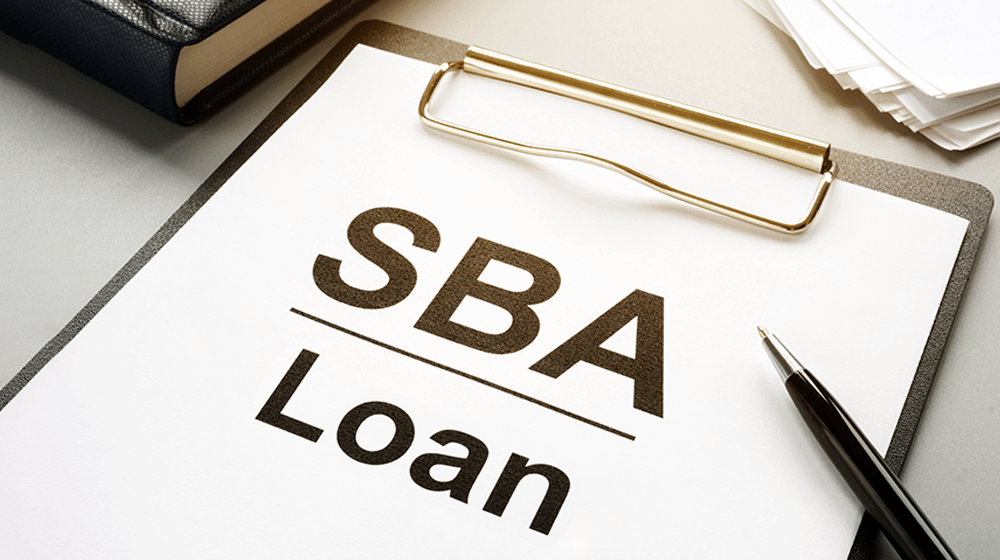The U.S. Small Business Administration (SBA) helps Americans start, grow, and build businesses.
As part of their overall mission, the Government backed entity strives to maintain and strengthen the overall economy by providing investment backing to entrepreneurs that want to acquire an existing SMB (small, medium-sized business). The actual capital is provided by a local bank, however the SBA "guarantees" the funding by providing a financial backstop for the lending institution.
What is an SBA 7(a) Loan?
The SBA 7(a) loan program is one of the most popular loan programs offered by the Small Business Administration (SBA). The program is designed to help small businesses access capital that they may not be able to obtain through traditional lending channels. The SBA 7(a) loan program provides government-backed guarantees to lenders, which reduces the risk for the lender and makes it more likely that they will approve the loan.
To be eligible for an SBA 7(a) loan, a business must meet certain criteria. The business must be a for-profit entity and must be based in the United States. Additionally, the business must be considered a small business by SBA standards, which vary by industry. The business owner must also have a good credit history and be able to demonstrate the ability to repay the loan.
The SBA 7(a) loan program offers a variety of loan types, including standard 7(a) loans, which can be used for a wide range of business purposes, and specialized 7(a) loans, which are tailored to specific industries or types of businesses.
The maximum loan amount for a standard 7(a) loan is $5 million, and the interest rate is based on the prime rate plus a margin. Typically the extra margin is about 2.75 - 4.75% (depending on the size of the loan).
In other words, if the prime rate is 6.0%, your final rate may actually be 9.0%.
The SBA 7(a) loan term can be up to 10 years for working capital and up to 25 years for real estate and equipment.
How it works
The application process for an SBA 7(a) loan is similar to that of a traditional loan, but it can be more involved. The lender will typically require a detailed business plan, financial statements, and other documentation to evaluate the business’s creditworthiness.
The SBA also has its own requirements, such as environmental reviews and other certifications. The lender will also consider the SBA’s creditworthiness criteria, including the experience of the business owner, the credit score, and the collateral.
Remember, the SBA itself doesn’t actually lend you the money. They guarantee a business loan from a lender, such as a local bank. This encourages banks to finance businesses they otherwise might not approve for a loan.
To begin the loan application process, you need to establish a dialogue with an SBA-approved lender either directly or through a broker. You’ll have to submit a pile of documentation and financial information—your credit score, personal and business financial statements, several years’ worth of tax returns, resumes, business plans, authorization for credit and background checks, your completed loan application paperwork, and more—to determine your eligibility.
SBA Underwriting
The lender will assess your qualifications across several key categories, such as:
- Your ability to repay the loan as the borrower
- Your "cash injection" amount (aka down payment on the loan)
- Your personal business experience
- The amount of equity or financing being provided by the seller, if any
- Your personal credit score and credit history
- The amount collateral you have available, if any
The overall underwriting process may take 4-6 weeks, but once the lender has made an affirming decision, the loan closing can occur. The closing is similar to buying a house. You'll sign a lot of documents for the bank and also for the SBA.
Final Thoughts
Overall, the SBA 7(a) loan can be a great option for entrepreneurs looking to buy a small business, but the application process can be time-consuming and the requirements can be strict. It is important to work with an experienced lender and to have a strong business plan in order to increase the chances of getting approved.

